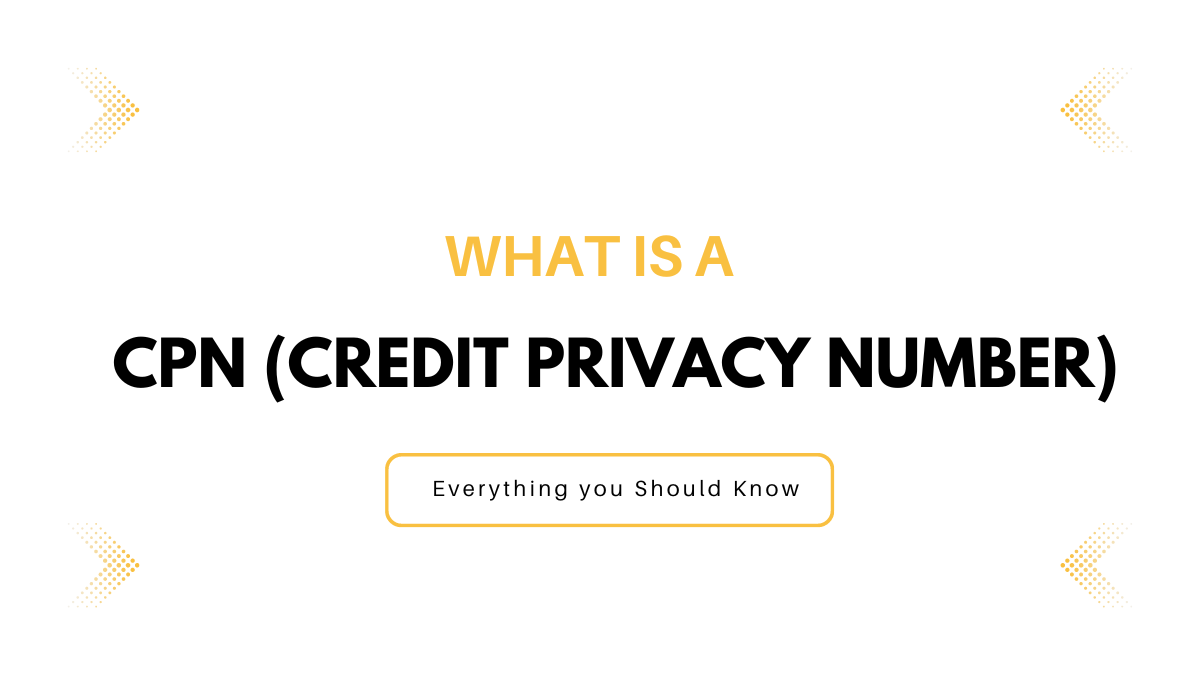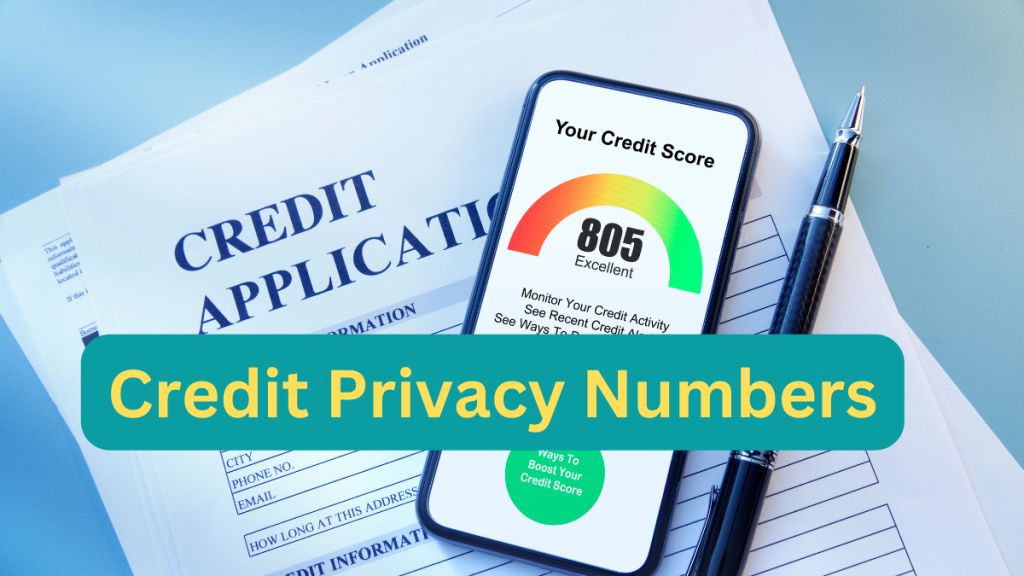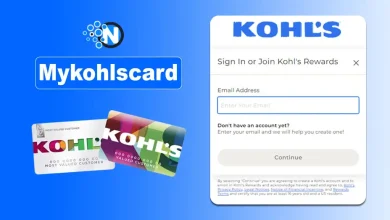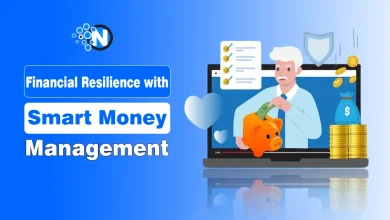What is a CPN? Are Credit Privacy Numbers (CPNs) Legal?

If you have been struggling with bad credit, you may have encountered the term “CPN” in your research on credit repair. It is marketed as a way to establish a new credit profile for people with poor credit or who want to keep their credit separate from their personal or business credit. In the credit and personal finance world, acronyms like SSN, FICO, and CPN often pop up. While most of us are familiar with the Social Security Number (SSN) and its importance in our financial lives, not many are well-versed in what a Credit Privacy Number (CPN) is. But do you know what is a CPN number, and are they legal to use for credit repair? Let’s discuss this below.
What is a CPN?
A CPN number is a nine-digit identification number that is similar in format to a Social Security number (SSN). CPN numbers are marketed as a great way to establish a new credit profile separate from your credit history. Promoters of CPN numbers claim that they can help you get approved for different types of credit, such as credit cards, loans, and other financial products even if you have bad credit or no credit history at all.
The idea behind CPN numbers is that they can help you start fresh with a new credit profile not tied to your previous credit history. This can be particularly appealing if you have a lot of negative information on your credit report, such as missed payments, defaults, or bankruptcies. By using a CPN number instead of your SSN, you can apply for credit without worrying about your previous credit problems dragging down your credit score.
However, it is essential to note that the government or any legitimate credit reporting agencies do not issue CPN numbers. Instead, they are typically sold by companies that claim to be able to help you establish a new credit profile. These companies often charge hundreds or even thousands of dollars for their services, including providing you with a CPN number and instructions on how to apply for credit.
Are CPN Numbers Legal?

After understanding what is a CPN, you should determine its legitimacy before getting one for yourself. The legality of CPN numbers is a somewhat dark area. On the one hand, there is nothing characteristically illegal about using a nine-digit identification number that is not your SSN. After all, many other types of identification numbers are used for different purposes, such as tax identification numbers (TINs) for businesses or individual taxpayer identification numbers (ITINs) for people not eligible for an SSN.
However, how CPN numbers are marketed and sold by some companies can be highly misleading and even fraudulent. For example, some companies may claim that CPN numbers are a legitimate way to establish a new credit profile when, in fact, there is no guarantee using a CPN number will result in the creation of a new credit file. Other companies may promise to “guarantee” credit approval or offer to sell you tradelines (authorized user accounts) to add a positive credit history to your CPN file, which is illegal.
Furthermore, using a CPN number to apply for credit can be considered fraud under certain circumstances. For instance, you could be committing fraud if you use a CPN number to apply for credit and intentionally omit information about your true identity or credit history. Similarly, if you use a CPN number to apply for credit and the lender discovers that you are using a fraudulent number, you could be charged with fraud and face legal consequences.
Although utilising a 9-digit number other than your SSN is allowed, certain companies’ CPN marketing and sales can be deceptive and even fraudulent. You might use a CPN number to create a credit profile. In that scenario, you must recognise the risks and select a competent organisation to help you legally and ethically.
How can I Repair My Credit Instead of Using a CPN?
Repairing or boosting your credit score can seem daunting, especially if you have a less-than-stellar credit history. Many people turn to Credit Privacy Numbers (CPNs) to improve their credit without addressing the underlying issues. However, using a CPN is not a legitimate way to improve your credit score; it can lead to severe legal and financial consequences.
Below are some legitimate tips for boosting your credit score without getting a CPN:
1. Check your Credit Report for Errors
The first step in improving your credit score is to ensure that your credit report is accurate. You can get a free copy of your credit report once a year from each of the three major credit bureaus: Equifax, Experian, and TransUnion. Review your credit report carefully, and if you find any errors or inaccuracies, dispute them with the credit bureau.
2. Make All of Your Payments on Time
Your payment history is one of the most critical factors in defining your credit score. Late payments can have a considerable negative impact on your credit score. Make sure to pay all your bills before the due date, including credit card balances, loan payments, and other utility bills.
3. Keep your Credit Card Balances Low
Credit utilization ratio, or the amount of credit you use compared to your credit limit, is another critical factor in determining your credit score. Ideally, you should keep your credit card balances below 30% of your credit limit. If you have high ratios, work on paying them down as quickly as possible.
4. Don’t Close Old Credit Card Accounts
The length of your credit history is another factor that affects your credit score. Closing an old credit card account can hurt your score by shortening your credit history. Instead, keep your old credit card accounts open, even if you don’t use them often.
5. Apply for Credit Cautiously
Each time you apply for credit, whether a credit card, loan payment, or mortgage, the lender will pull your credit report. This can temporarily lower your credit score. Try to limit your credit applications and only apply when you need it.
6 Consider a Secured Credit Card
You may have trouble getting approved for a traditional credit card if you have a poor credit history. In that case, a secured credit card can be a good option. With a secured credit card, you make a deposit that becomes your credit limit. Using the card responsibly can help you build credit over time.
7. Work with a Credit Counselor
If you are battling to manage your debt, consider working with a credit counsellor. A credit counsellor can help you develop a plan to pay off your debt and improve your credit score.
8. Be Patient
Improving your credit score takes time. There’s no quick fix or magic solution. But by following these tips and being consistent with your efforts, you can boost your credit score over time and avoid the risks associated with using a CPN.
Conclusion
Everything is clear to you, from what is a CPN to its legality. Remember that Credit Privacy Numbers (CPNs) are not a legitimate way to improve your credit score. Using a CPN can lead to severe legal and financial consequences, including fines. It’s important to understand that there are no shortcuts or quick fixes for credit repair. The best way to improve your credit score is to address the issues highlighted in your credit report and follow the legal ways, such as checking your credit report for errors, making all of your payments on time, keeping your credit card balances low, and working with a credit counsellor if needed. By taking these steps, you can improve your credit score and avoid the risks of using a CPN.




